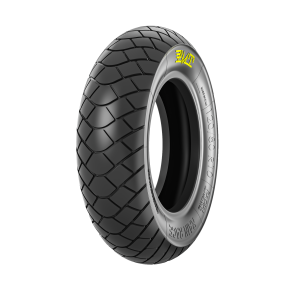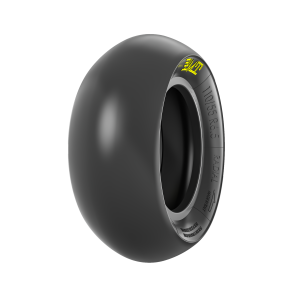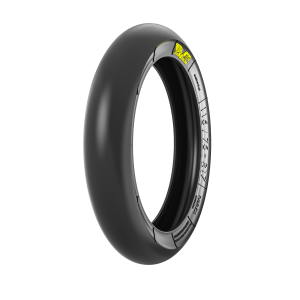How to become an automation engineer
Throughout this exploration, you’ve gained insights into the dynamic nature of the field, the diverse range of opportunities it offers, and the skills required for success. An automation engineer’s responsibilities involve developing, coding, modeling, and evaluating automated machinery or systems intended to perform specific tasks. From conception to the prototype, they will work with automated equipment. They will also be responsible for offering extensive documentation, including guidelines for design, to facilitate product manufacturing and implementation. The automation technician then uses this document to execute and maintain new systems.
Online Master’s in Engineering Programs
AI engineers focus on creating algorithms, developing advanced data processing techniques, and enhancing the robustness and performance of AI systems. Their work ensures these systems can tackle complex problems, automate tasks, and optimize operations efficiently. Visit our other pages focused on salary and education for Coding automation engineers. Go beyond basic programming and develop the technical skills necessary to apply, design, and implement software systems.
Building controls
This shift toward AI-driven testing promises unprecedented levels of accuracy and adaptability in how we ensure software quality. A career in test automation offers exciting potential for growth, specialization, and a competitive salary. Let’s explore the career path, areas of expertise, and compensation you can expect. If you’re reading this, chances are you have the passion (or at least a strong curiosity). Leverage the resources at your disposal—be it self-study, a Refonte Learning course, or on-the-job learning.
Step 3: Gain Hands-On Experience
- Automation engineers are sought after in industries like manufacturing, automotive, healthcare, and IT.
- Here’s what to know about an automation engineer’s needed skills, salary and how to become one.
- This shift toward comprehensive testing solutions reflects the growing need for robust software that performs seamlessly across devices.
- An automation engineer is the one responsible for delivering the best automation solutions for streamlining a company’s specific processes.
- NTTF is thrilled to partner with Lincoln University College (LUC) from Malaysia to offer degree programs for NTTF alumni with 3 years of work experience.
With the insights from this guide, I hope you feel more prepared to start or advance your path. Perhaps one day, a few years down the line, you’ll be the seasoned expert sharing knowledge with the next wave of newcomers. Celebrate your wins (like your first passed automated test suite!), and learn from the challenges (yes, that means debugging those failing tests and not giving up). Following these steps, I’ve seen people transition from totally unrelated careers into QA automation in as little as 6-12 months. It does require dedication and practice, but it’s very achievable—especially now with so many resources available.
Automation Engineer Prerequisites
Even if you aim to automate, knowing how to design a good test is crucial. I’ve seen some folks skip this and jump straight to coding, only to write automated tests that aren’t effective because they lack testing strategy. Early in my career, I was manually testing web applications—clicking through every button and form for each new release. When our team finally invested in automation tools (Selenium WebDriver was our choice at the time), it transformed our process. If you’re aspiring to be a QA Automation Engineer, or looking to elevate your QA game, you’re in the right place. Experience plays a crucial role in determining an AI Engineer’s salary in India.
- The World Economic Forum reports that AI engineers are among the fastest-growing job roles globally, with a promising future for the next 5-10 years.
- Automation engineers typically work in an office or laboratory environment when analyzing data, reviewing project requirements, or designing and creating systems.
- Let’s explore the career path, areas of expertise, and compensation you can expect.
- A QA Automation Engineer is essentially a developer who writes tests instead of (or in addition to) product code.
- For example, in the oil and gas field, automation engineers focus on safe and efficient operation of facilities and equipment.
Find Automation Engineer jobs
After you have landed an entry-level position, certification can help you advance in your career as you continue your search for a higher position in automation. Since certifications offer managerial and transferable skill sets, individuals receiving such JavaScript/Automation Engineer (JS) job accreditation usually land more senior positions. The ultimate objective of an automation engineer is to ease the workload of employees and increase efficiency and reliability by automating redundant or unreliable manual processes.
As an automation engineer, one of your most important skills would be the ability to debug and test various solutions, particularly if your focus is on computer software instead of hardware. Automation engineers proactively develop continuous and resilient integrations, and this is among their key responsibilities. Whenever an old process no longer meets the company’s or customer’s specifications, these professionals should devise an alternative method that solves an emerging challenge.










